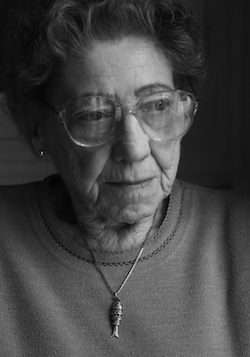Understanding Dementia during Dementia Awareness month, September 2016
Psychology Consultants, Brisbane
This month marks Dementia Awareness month, a timely reminder to take a moment to understand a disease that is impacting 353,800 Australians living with it and 1.2 million carers.
Firstly, it’s important to recognise that dementia is not a normal part of ageing but rather a chronic and degenerative disease.
Dementia, as defined by Alzheimer’s Australia is “the term used to describe the symptoms of a large group of illnesses which cause a progressive decline in a person’s functioning. It is a broad term used to describe a loss of memory, intellect, rationality, social skills and physical functioning”.
For families and loved ones witnessing dementia symptoms in their parents or relatives, it can be overwhelming, scary and often ignored as an avoidance strategy.
However, ignoring the signs can often lead to a breakdown in communication or worsening in the patient’s symptoms.
Effectively communicating with someone with dementia can be challenging and often lead to confusion and frustration as the dementia sufferers past and present merge into one. One interesting therapy that has been clinically shown to alleviate symptoms of dementia, is music therapy.
According to Kimmo Lehtonen, PhD, professor of education at the University of Turku (Finland) and clinical music therapist, music has the power to revoke memories in dementia patients, improve mood and communication, due to its relationship with unconscious emotions.
An old tune or piece of music can unlock memories and emotions in the elderly, empowering them to remember lyrics and release feelings of enjoyment, otherwise forgotten.
Although music therapy is used across all age groups, it is particularly successful in older adults and those with dementia as it empowers the person to communicate when the disease has stolen those basic needs of expression.
David Aldridge, chair of qualitative research in medicine at the University Witten Herdecke (Germany) and editor of Music Therapy in Dementia Care says “Using songs in a therapy setting promotes communication. Singing has many functions; it offers a communicative structure, stimulates and regulates, and enables dialogue.” (http://www.todaysgeriatricmedicine.com/news/story1.shtml -Juliann Schaeffer)
According to Today’s Geriatric Medicine website the outcomes of music therapy include:
- memory recall;
- positive changes in moods and emotional states;
- a sense of control over life;
- non-pharmacological management of pain and discomfort;
- stimulation that promotes interest even when other approaches are ineffective;
- structure that promotes rhythmic and continuous movement or vocal fluency as an adjunct to physical rehabilitation; and
- opportunities to interact socially with others.
One vital tip in successfully implementing music therapy; know the person’s taste in music to trigger the desired response and emotional reaction.
If you are caring for someone living with dementia and would like advice on how to manage behavioural change or deal with the emotional impact of the disease, speaking to a psychologist can help. For more information view our website www.psychologyconsultants.com.au under the Team tab.
